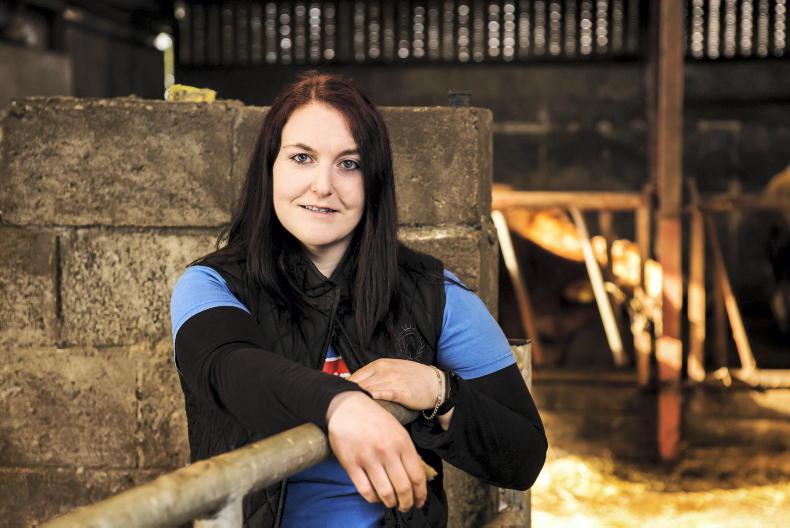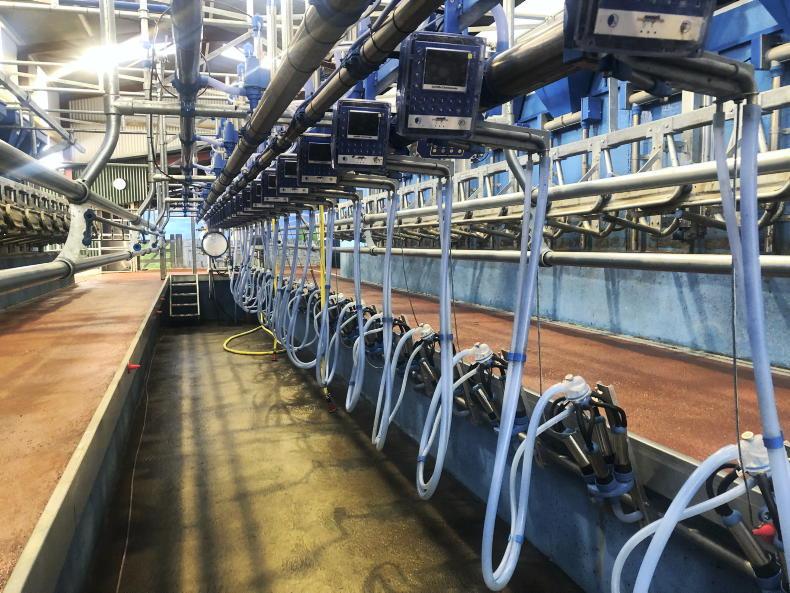Change is always unsettling. Even more so when the details of the change are not known. And especially when all that is available is speculation-based on different theoretical scenarios post-Brexit. Nevertheless there are a number of reasons to be positive about hill farming in Scotland going forward.
The fragility of hill farming and its current dependence on support is well-recognised – as is the importance of hill farming to the wider rural economy and the role that hill farmers have as environmental managers. I have not heard any suggestion that there should be no support for hill farming – instead the discussions are revolving around what forms support may take. So the fact that the future of hill farming is being discussed at Scottish and UK level is therefore, in itself, positive.
Change is clearly needed across hill farming. But the types of issues being brought to the fore are issues which hill farming would have had to face anyway, irrespective of Brexit. Raising them now helps focus minds and gives a longer lead-in time to start tackling the issues. And although it is impossible to say at the moment how long any transition period will be in practice, it is important to recognise that there will be a transition period and that the time to start instigating change is now.
The quality of the Scottish brand is recognised both internationally and within the UK, and should serve to maintain a place for Scottish produce into the future.
Clearly there is concern being expressed about the future markets for the light lambs coming from hill farms in some parts of Scotland and elsewhere in the UK. And this will clearly depend on what trade deals are in place post-Brexit. But it really is too early in the process to be concerned about ‘what ifs?’ when there are so many unknowns at the moment.
The role of sheep and suckler cows
The ongoing discussions about the future of hill farming also provides an opportunity to think more about what types of grazing livestock will be most appropriate in individual situations. And whether this revolves around which breed of sheep may be best or what role suckler cows might have in the hills going forward, it is positive that these questions are starting to be asked.
Addressing low productivity
The Agricultural Champions have a wide remit across all of the rural economy but the need to focus on activity and innovation speaks as much to hill farming as it does to any other part of Scottish agriculture.
And although addressing low productivity and improving performance in hill farming is clearly a challenge, there are already options available to help with this.
It also shouldn’t be forgotten that Scotland is fortunate in having institutes such as SRUC and Moredun who are looking into the challenges and opportunities facing hill farming. That is more than others have elsewhere in the UK and Ireland.










SHARING OPTIONS